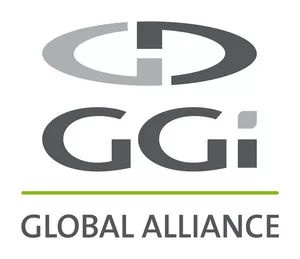- within Wealth Management topic(s)
- in United States
- with readers working within the Securities & Investment industries
- within Wealth Management, International Law and Consumer Protection topic(s)
- with Finance and Tax Executives
How can you ensure your legacy endures and your loved ones are spared unnecessary heartache during a challenging time?
Succession planning is essential for financial stability and smooth wealth transition across generations. Proactive steps today can spare loved ones confusion, stress, and financial strain tomorrow. Among the available tools, a revocable trust is one of the most versatile for securing a legacy and preserving business value.
What Is a revocable trust?
A revocable trust, also known as an "inter vivos" or "living" trust, allows an individual (the grantor) to place assets – including a business – into a trust for their own benefit during life. Think of it as a bucket holding assets. The grantor can change or revoke it at any time.
Upon death, the trust becomes irrevocable, and the successor trustee manages and distributes assets according to the trust's terms. Unlike a Last Will and Testament, which only takes effect after death and requires probate, a revocable trust functions during life, maintains control, and eases transfer of assets afterward.
Key benefits of using a revocable trust in succession planning:
1. Avoiding probate. Assets in a revocable trust bypass probate, which is public, costly, and often lengthy. Business assets may be frozen during probate, jeopardising operations. With a trust, a successor trustee can act immediately, ensuring continuity, and quick, private inheritance for beneficiaries.
2. Maintaining privacy. Probate makes estate details public, sometimes inviting disputes or unwanted attention (as in the case of actor James Gandolfini's will). A revocable trust remains private, protecting beneficiaries and shielding sensitive information.
3. Flexibility and Control. The grantor retains control of the trust, with the freedom to add or remove assets. Investments, real estate in multiple states, and business interests can be consolidated, creating an organised management structure. The trust can be updated as family dynamics or finances evolve, ensuring ongoing effectiveness.
4. Protection for beneficiaries. Trusts can establish "sub-trusts" to guide how and when distributions are made, particularly useful for young or inexperienced heirs. Trustees familiar with the business can be appointed to safeguard operations. Sub-trusts ensure responsible management of inherited assets and prevent unrestricted access by minors or vulnerable beneficiaries.
5. Incapacity planning. If the grantor becomes incapacitated, a designated successor trustee can step in without the need for court-appointed guardianship. This provides seamless management and stability during difficult times, preventing disruption of business or family finances.
6. Avoidance of disputes. A revocable trust defines beneficiaries clearly, reducing grounds for disputes. In states like New York, heirs can contest a will in probate, even if disinherited. Trusts avoid court proceedings, limiting opportunities for challenges and ensuring smoother transfers.
Securing your legacy
Succession planning with a revocable trust offers control, flexibility, and protection. It safeguards business operations, financial stability, and family harmony after the owner's death. Whether building, selling, or transitioning a business, a revocable trust is a powerful component of estate planning. Taking action now helps protect your family's future with clarity and confidence.
The content of this article is intended to provide a general guide to the subject matter. Specialist advice should be sought about your specific circumstances.


